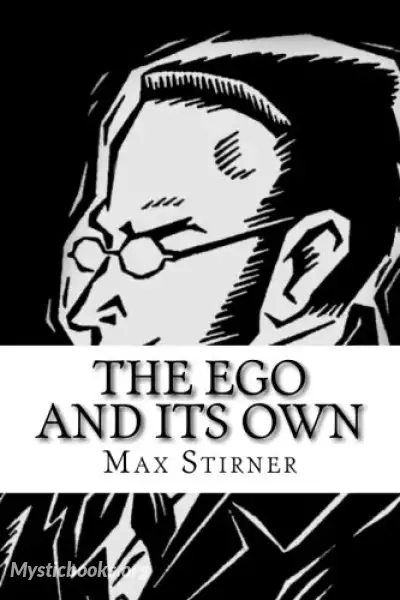
The Ego and His Own
by Max Stirner
'The Ego and His Own ' Summary
The Ego and Its Own is an 1844 work by German philosopher Max Stirner. It presents a post-Hegelian critique of Christianity and traditional morality on one hand; and on the other, humanism, utilitarianism, liberalism, and much of the then-burgeoning socialist movement, advocating instead an amoral (although importantly not inherently immoral or antisocial) egoism. It is considered a major influence on the development of anarchism, existentialism, nihilism, and postmodernism.
In 2010, John F. Welsh coined the term dialectical egoism for the thoughts of Stirner expressed in this work, in order to emphasize the distinction from the negative and pejorative connotations from the common everyday use of egoism in the sense of egotism.
Stirner repeatedly quotes Johann Wolfgang von Goethe, Friedrich Schiller and Bruno Bauer assuming that readers will be familiar with their works. He also paraphrases and makes word-plays and in-jokes on formulations found in Hegel's works as well as in the works of his contemporaries such as Ludwig Feuerbach. This can make the book more demanding for contemporary readers.
Book Details
Language
EnglishOriginal Language
GermanPublished In
1844Genre/Category
Tags/Keywords
Authors
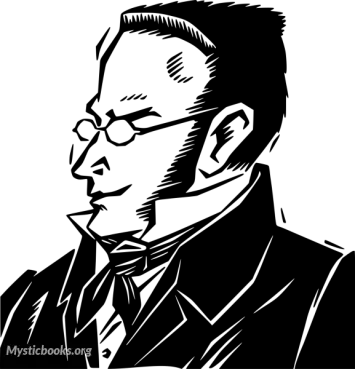
Max Stirner
Germany
Johann Kaspar Schmidt known professionally as Max Stirner, was a German post-Hegelian philosopher, to whom nothing is sacred (indeed, not even himself) and maybe that's why he is so skilled at identif...
Books by Max StirnerListen/Download Audiobook
- Select Speed
Related books
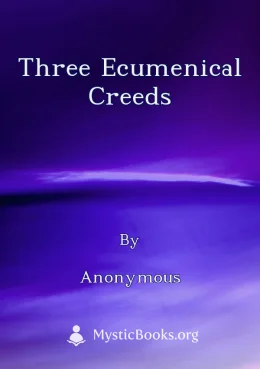
Three Ecumenical Creeds by Anonymous
This book presents a compilation of the three major ecumenical creeds of the Christian faith: the Nicene Creed, the Apostles' Creed, and the Athanasia...

The Charwoman's Shadow by Lord Dunsany
It is a captivating novel that tells the story of a young boy named Joseph who is fascinated by the shadows of the people around him. One day, he meet...
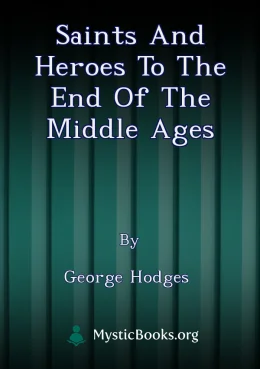
Saints and Heroes to the End of the Middle Ages by George Hodges
This book explores the lives of twenty prominent figures in Christian history, spanning from the 3rd century AD to the Reformation. It provides insigh...
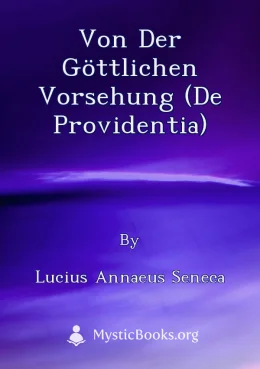
Von der göttlichen Vorsehung (De Providentia) by Lucius Annaeus Seneca
In "On Divine Providence", the Roman philosopher Lucius Annaeus Seneca addresses the question of why bad things happen to good people. Seneca argues t...
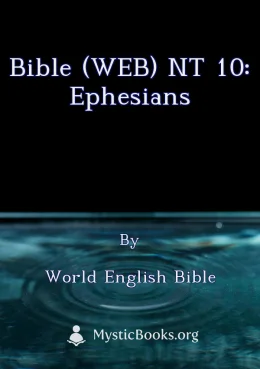
Bible (WEB) NT 10: Ephesians by World English Bible
Paul writes to the church at Ephesus, beginning with a praise to God for the forgiveness of their sins and for choosing them in His grace. Paul prays...
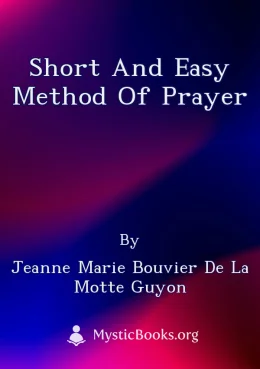
Short and Easy Method of Prayer by Jeanne Marie Bouvier de la Motte Guyon
Jeanne Guyon's 'A Short and Easy Method of Prayer' is a classic guide to the practice of prayer and meditation. Originally published in 1685, the book...
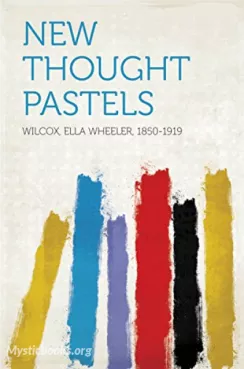
New Thought Pastels by Ella Wheeler Wilcox
In a world often clouded by negativity and doubt, Ella Wheeler Wilcox's "New Thought Pastels" emerges as a beacon of hope and inspiration, offering a...
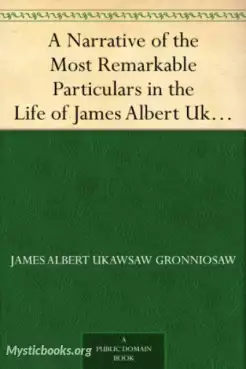
A Narrative of the Most Remarkable Particulars in the Life of James Albert Ukawsaw Gronniosaw by Ukawsaw Gronniosaw
Ukawsaw Gronniosaw, also known as James Albert, (born ca. 1705 - 1775) was a freed slave and autobiographer. His autobiography is considered the first...
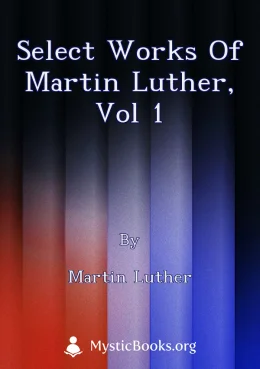
Select Works of Martin Luther, Vol 1 by Martin Luther
This collection of Martin Luther's writings explores the core tenets of Lutheran theology, with a particular emphasis on the doctrine of salvation by...
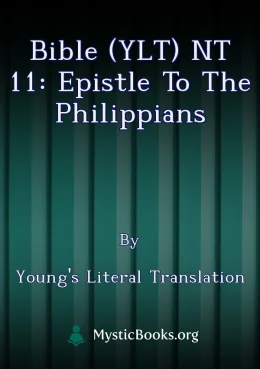
Bible (YLT) NT 11: Epistle to the Philippians by Young's Literal Translation
This book contains the Epistle to the Philippians, which is one of the books of the New Testament of the Christian Bible. It was written by the Apostl...
Reviews for The Ego and His Own
No reviews posted or approved, yet...